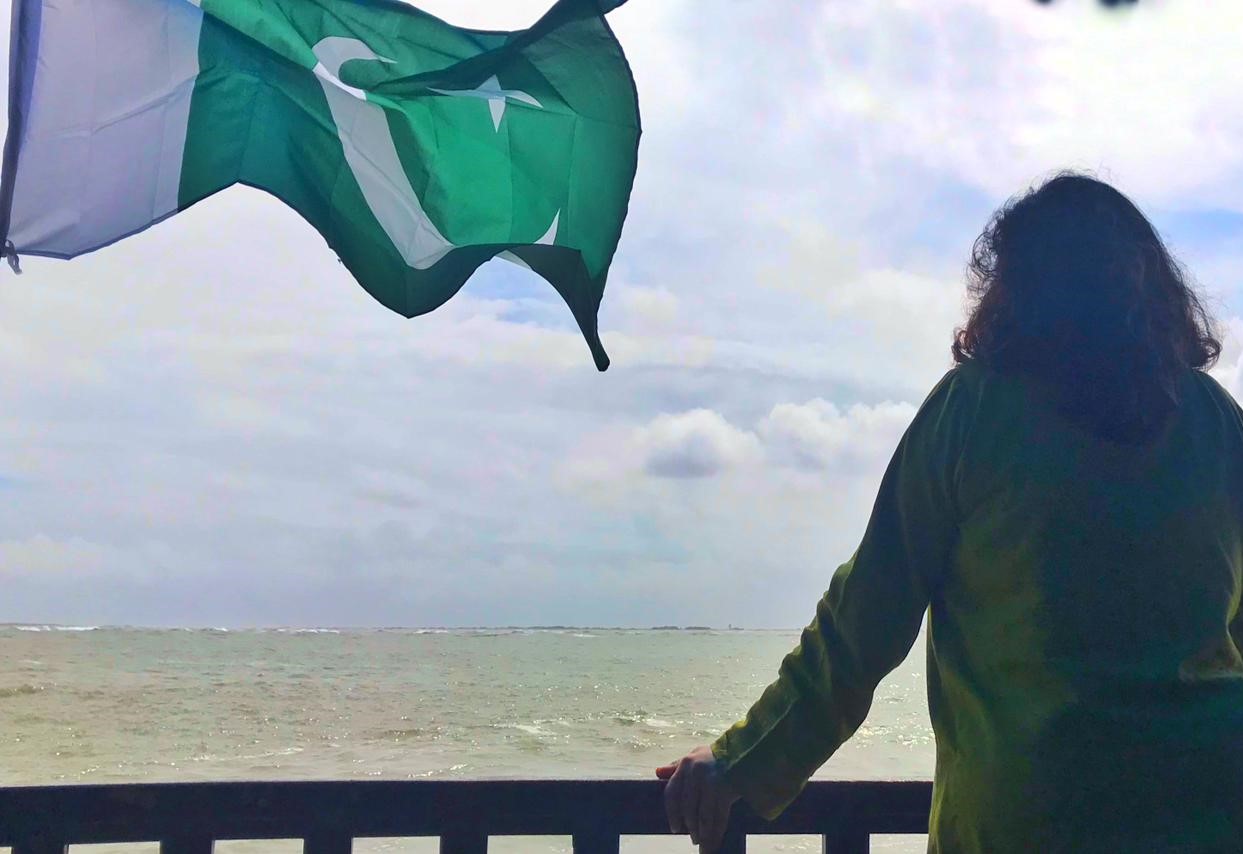There are moments in life that shake you awake — they are reminders of truths you usually believe you knew, but had never really felt in your bones.
For me, that moment came with a recent health scare in the family — when the eldest of us six siblings, met with an accident, far away in the States.
In an instant, all the noise of daily life faded. The little annoyances, the busy schedules, the unspoken silences — none of it mattered anymore. What mattered was him. His health. His strength. His recovery.
Each night, from our separate rooms in the same house, we found ourselves united on a single WhatsApp call. Not to chatter, not to gossip, but simply to listen — to cling to the smallest update: “He’s doing a little better today.”
And in those quiet, anxious moments, I realized something profound: siblings are not just family. They are eternal bonds — invisible threads that tie our lives together, no matter how far we drift.
The Living Memory Keepers
We don’t get to choose our siblings. They arrive in our lives uninvited, their stories woven into ours before we even understand what it means to belong to someone. Yet somehow, they become the quiet constants of our existence — making our childhood bearable, and our adulthood anchored.
With siblings, we don’t just grow up — we carry each other. We make memories together, share secrets no one else will ever know, and guard pieces of each other’s childhood.
Even as we grow older, take on jobs, build families, and scatter into different lives, our siblings hold the keys to the earliest chapters of our story. They are proof that we never walked alone.
Distance and Disagreements Don’t Break Bonds
We often fool ourselves into believing we’ve outgrown the sibling bond. Life pulls us in different directions, pride builds walls, and distance creates silence. But when life throws a curveball — illness, loss, fear — we realize how unbreakable that bond really is.
It doesn’t vanish with time; it waits. Quietly. Patiently. And when needed, it returns with a force so strong it humbles you.
Sibling’s Pain Is Our Own
During those days of uncertainty with my brother’s health, I felt something I can’t quite put into words. His exhaustion drained me. His slow healing became my relief.
It struck me then: siblings are not just companions in childhood. They are lifelong extensions of ourselves. Their joy uplifts us. Their struggles shake us. Their presence — even in silence — steadies us.
Don’t Wait Until It’s Too Late
The hardest truth I learned is this: we should never wait for a crisis to remind us of what siblings mean to us. Don’t wait for hospital corridors, late-night prayer circles, or the fear of loss to open your eyes. Reach out now. Say the words now. Call, forgive, hug, laugh together — now.
Because sibling love isn’t perfect, but it is eternal. It doesn’t fade with distance or disagreements. It doesn’t shrink with age. It is always there — steady, stubborn, and sacred — reminding you that you were never meant to walk this life alone.
Eternal, Always
As my brother is now back home and his health slowly improves, I carry a renewed gratitude. Gratitude for his strength. Gratitude for the bond that brought us together night after night, bound by love and prayer. Gratitude, too, for the extension of our family — for my sister-in-law and nephew, who were his strength and backbone through it all.
Siblings are not just the people we grew up with. They are the anchors of our past, the mirrors of our present, and the companions of our future. Their love is imperfect, sometimes messy, but always eternal.
If you are blessed enough to still have your siblings — don’t waste another moment pretending you don’t need them. Because you do. And they need you, too. <3




